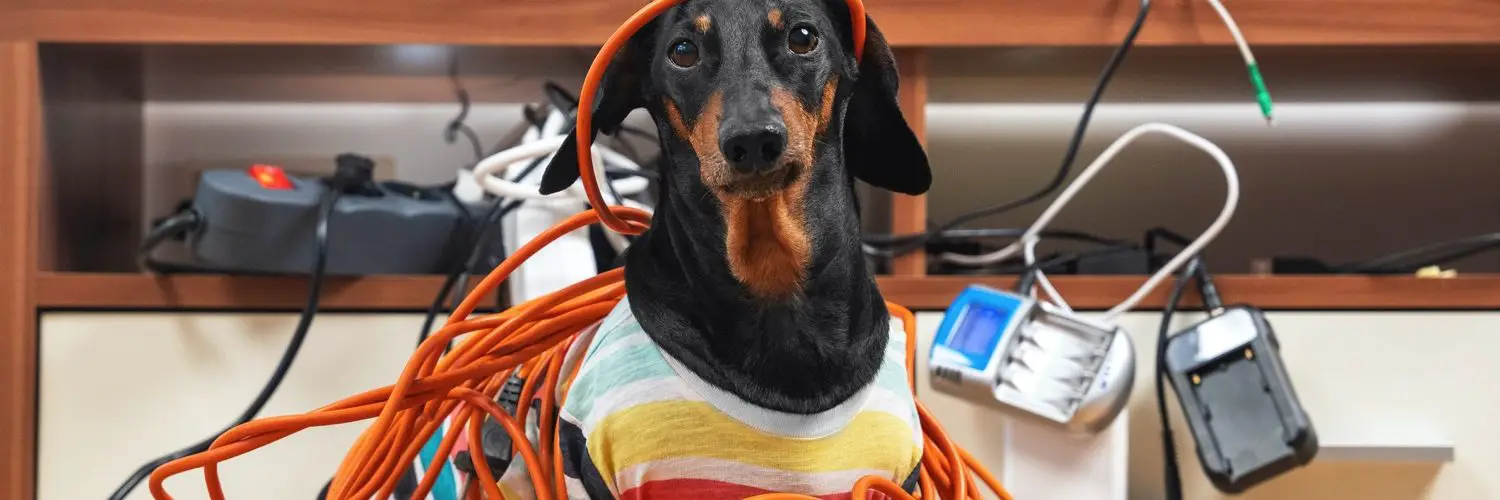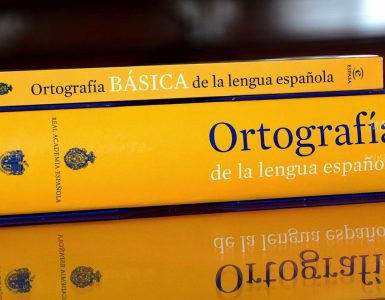Saying sorry in Spanish is one of the most important things people need to learn when they are starting to speak the language because it is used very often during conversations, and it is an expression that can help you apologize to someone every time you make a mistake or do something inappropriate in a social setting.
With this phrase, you can also express your good intentions when you do something wrong by accident, create an awkward situation where people feel uncomfortable, or you come across as being rude to someone else you meet during the day.
Here are the different ways you can say sorry to someone in Spanish and keep yourself in a good position during every conversation you have with other people:
Lo Siento – I’m Sorry
This is the most common way to say sorry to someone in any situation and is used every time you are trying to apologize for small misunderstandings that happen when you are at work, shopping with your friends, or doing other activities during the day.
Start using this phrase to offset some situations that happen when you bump into other people on the street, forget to do something you were supposed to do, say something insensitive when you are in a bad mood, or end up being impolite to other people by mistake.
Try to practice these phrases every time you want to say sorry to an acquaintance or a friend:
| Spanish | English |
|---|---|
| Lo siento mucho. | I’m really sorry. |
| Lo siento, debí prestar más atención. | I’m sorry, I should have been more careful. |
| Siento no poder acompañarte. | Sorry for not having gone with you. |
| Lo siento, estoy ocupado el día de hoy. | I’m sorry, I’m busy today. |
Discúlpeme – Excuse Me
This expression is widely used in the Spanish language during social settings to express that you are sorry for something small that you did that may have inconvenienced someone else. This can be something like walking through a group of people in the middle of the subway or interrupting someone who is talking with other people to say a few words before they continue their conversation.
You can use this expression every time that you do something slightly rude and want to let the other person know that it wasn’t your intention to upset them in any way atthat time. Start practicing this expression with your friends every week and learn how to use it in any situation that you come across in your day-to-day activities.
Here are a few examples of how to use this expression to say sorry when you are speaking to other people:
| Spanish | English |
|---|---|
| Discúlpeme, pero me gustaría hablar con usted. | Sorry, but I’d like to speak to you. |
| Disculpe mi interrupción. | Sorry for disturbing you. |
| Discúlpeme, había mucho tráfico en la calle. | Sorry, there was a lot of traffic. |
| Disculpe el retraso. | Sorry for the delay. |
Lo Lamento – Sorry
This expression is perfect for saying sorry to someone that has lost a friend or relative recently or had something bad happen to them like an accident, they got laid off or any other situation where they were affected negatively during that period of time.
Use this expression to show your genuine concern for the other person during this time and give your sincere regards to them when they are going through this difficult situation. By using this expression, you will be able to demonstrate that you really care about the other person and want to support them when they need you the most.
Start practicing this expression during your conversations and use it to say sorry when you want to provide comfort to the people that are in a bad place.
| Spanish | English |
|---|---|
| Lo lamento mucho. | I’m really sorry. |
| Lamento no poder asistir a la reunión. | I’m sorry for not being able to attend the meeting. |
| Lo lamento mucho por tu amigo. | I’m really sorry about your friend. |
| Lamento que hayas pasado por eso. | I’m sorry you have been through that. |
| Lamento no haber estado allí contigo. | I’m sorry for not having been there for you. |
Te Debo una Disculpa – I Owe You an Apology
This expression will help you say sorry to the people that you personally know for not being able to do something really important or for not being able to keep up with your responsibilities in all areas of your life. This includes activities in the workplace as well as social gatherings with your family and friends.
You can use this expression every time you forget to do something important that requires your attention or when you are at fault for not keeping your promises to someone else.
Whether it is a small thing or something urgent that needs to be done very soon, this applies to situations like being late for work, missing out on a birthday, not being able to help someone you know and many other similar situations.
Here are a few examples of how to say sorry using this expression and explain yourself properly to avoid any misunderstandings:
| Spanish | English |
|---|---|
| Te debo una gran disculpa. | I owe you a massive apology. |
| Necesito disculparme contigo. | I need to say sorry to you. |
| Debo disculparme contigo y aclarar las cosas. | I need to apologize and clear things up. |
| Te debo una disculpa y una explicación. | I owe you an apology and an explanation. |
Perdóname – Forgive Me
This phrase is commonly used when you want to say sorry in Spanish to other people when you make a mistake or have some type of mishap with them due to something that happened recently. This phrase is very useful when you are having a one-on-one conversation with another person about a specific problem or when you’re talking to a group of people in a social setting.
With the help of this phrase, you will be able to say sorry for lots of situations that can happen every single day, including bumping into other people on the street, saying something inappropriate during a conversation, forgetting to do something important at work or when you fall out with someone over something trivial.
Use and re-work these examples to say sorry in Spanish every time you want to apologize to someone and avoid any problems between you and someone else.
| Spanish | English |
|---|---|
| Perdóname, John. | Forgive me, John. |
| Espero que me perdones por el retraso. | I hope you forgive me for the delay. |
| Perdóname por lo de ayer. | Forgive me for yesterday. |
| Perdón por no llamarte antes. | Sorry for no having called you earlier. |
| Perdóname por faltar el día de ayer. | Sorry for being off yesterday. |
Mil Disculpas – A Thousand Apologies
This is an expression that you can use to say that you are really sorry about something that you did and show that you are concerned about not being able to complete a certain task that can affect your business, your work, your relationships, or other areas of your personal life.
In this case, the word Mil means thousand and makes reference to how many times you want to do something in this context, and the word Disculpas means apologies, that’s why when both words are used together in a sentence, we can say that we want to apologize a thousand times over for not being able to deliver on what we promised.
Try to use these examples to say sorry during a conversation and express that you deeply regret not doing what you were supposed to do:
| Spanish | English |
|---|---|
| Mil disculpas, John. | A thousand apologies, John. |
| Te pido mil disculpas por el inconveniente. | (I ask for forgiveness) Forgive me a thousand times for the inconvenience. |
| Mil disculpas por lo que pasó ayer Marco. | A thousand apologies for what happened yesterday, Marco. |
| Te debo mil disculpas por no visitarte hace unos días. | I owe you a thousand apologies for not visiting you a few days ago. |
In Conclusion
By learning how to use these phrases during your conversations, you will be able to say sorry in Spanish in any situation and express how you feel after having a dispute or misunderstanding with someone you know.
You only need to practice the phrases a few times a day to improve your language skills very quickly and become more fluent when speaking Spanish to other people you meet.
Remember that practice makes perfect, that’s why you need to use these phrases every time you get chance and focus on learning other Spanish expressions by reading the latest articles we have available on LingoDude.










Add comment